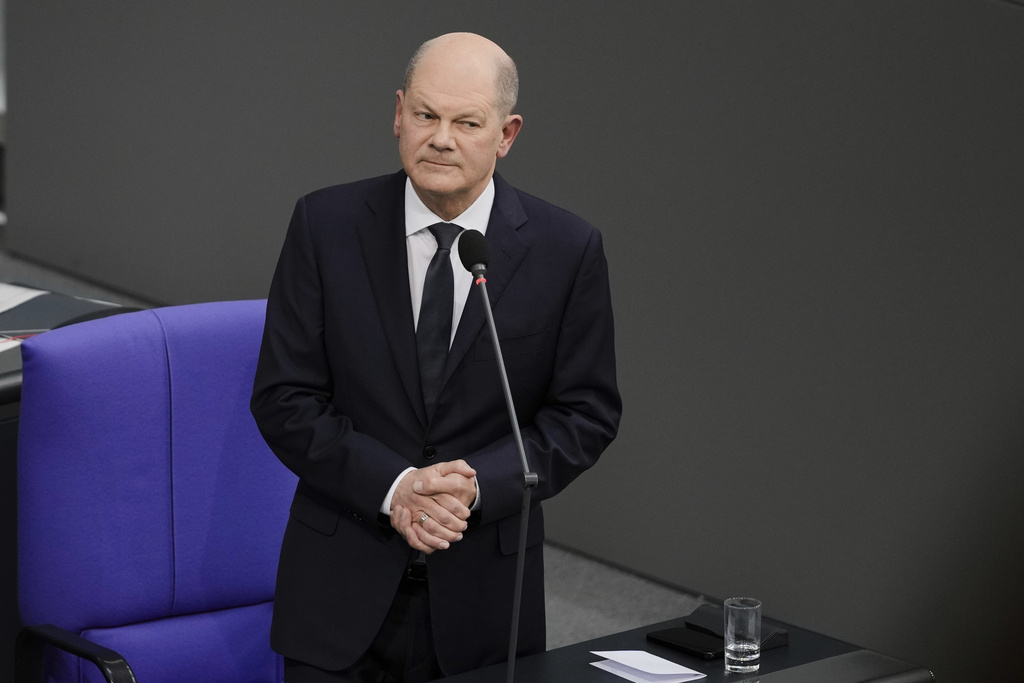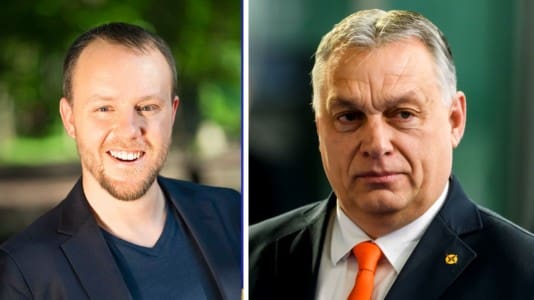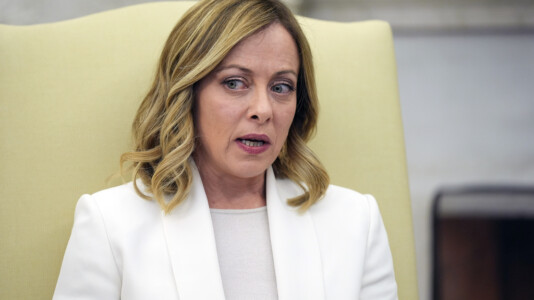A majority of Germans are in favor of Chancellor Olaf Scholz resuming direct communication with Russian President Vladimir Putin, following nearly two years of silence between the two leaders.
According to a YouGov survey conducted on behalf of the German Press Agency, 59 percent of respondents supported the idea of a phone conversation between Scholz and Putin, while 26 percent opposed it, and 15 percent did not express an opinion.
East Germans are particularly enthusiastic about a return to dialogue with Moscow where 68 percent of respondents supported the move compared to 19 percent who opposed it.
The two leaders last spoke on the phone on Dec. 2, 2022, although Scholz insists communication between the two administrations has still taken place without a direct conversation with the Russian president.
Zeit Online reported speculation that another phone call could take place before the G20 summit in Rio de Janeiro next month.
Last month, Chancellor Olaf Scholz expressed his willingness to reopen peace talks with Putin, stating that he would call the Russian president when the timing was right to facilitate negotiations aimed at ending the war in Ukraine.
“I think this is the moment when we have to discuss how we can get out of this war situation, and achieve peace more quickly than what it seems at the moment,” Scholz said at the time.
“There will definitely be another peace conference, and [Ukrainian] President Volodymyr Zelensky and I agree that it must also be the one that would include Russia,” he added.
Scholz is set to meet with Zelensky in Berlin this Friday — the third such meeting between the two leaders in just five weeks as efforts are ramped up to find a solution to the current conflict.
Such a move has been advocated by other European leaders for some time, including Hungarian Prime Minister Viktor Orbán who has long been calling for an immediate ceasefire and peace talks while the U.S. and the European Union continue to finance military operations in Kyiv.
The German public, however, is divided on how any future settlement between Russia and Ukraine should be implemented, with 39 percent opposed to Ukraine relinquishing any part of its territory to Russia and 45 percent supporting some form of territorial compromise.
Meanwhile, the war wages on, and Ukraine’s desired military strategy of using long-range missiles provided by Western allies is also hotly contested in Germany.
While 42 percent of respondents are in favor of granting Kyiv permission to use such weapons to strike Russia, 43 percent remain opposed, fearing the move would risk further escalation of the conflict and drag NATO further into the war.
Germany has so far refrained from delivering long-range weapons to Ukraine, drawing criticism from Ukrainian loyalists in the U.S., the U.K., and France who were more willing to hand over missiles.






